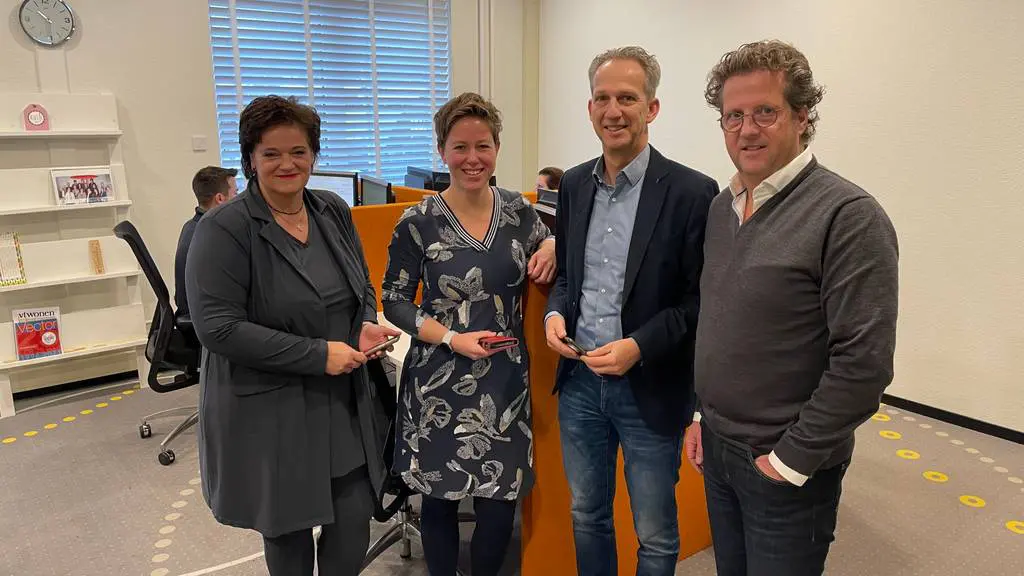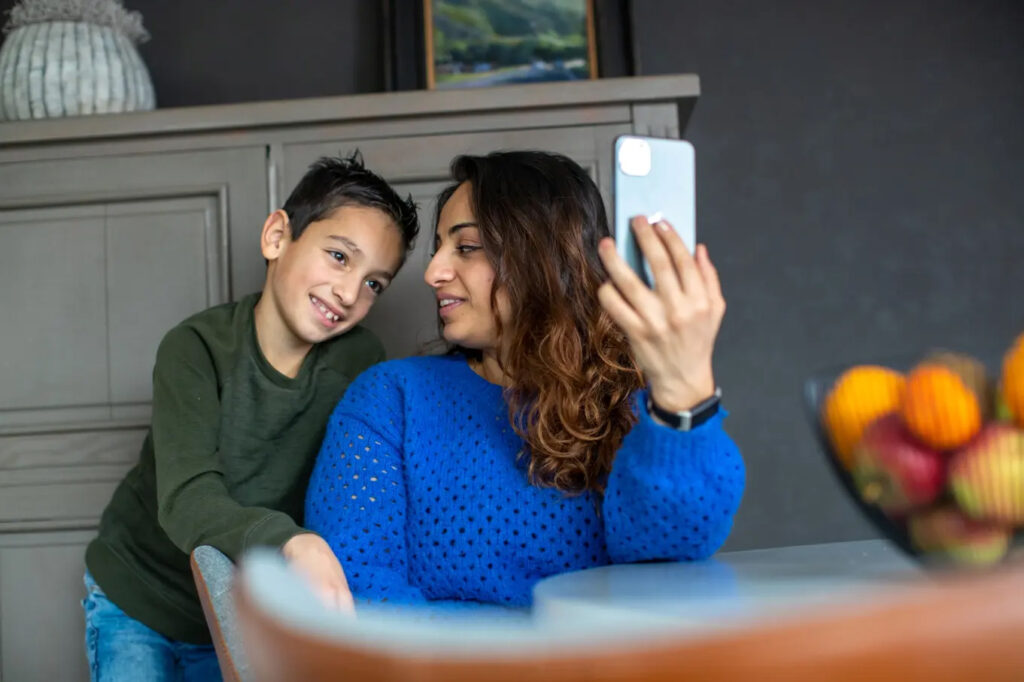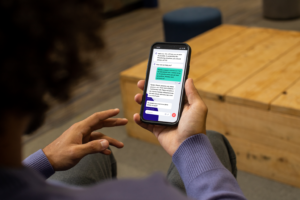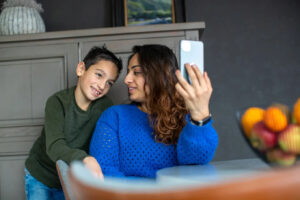An app especially for Ukrainian refugees in Tilburg should ensure that busy GPs in that city do not get overloaded. "If a Ukrainian refugee doesn't feel well, he immediately calls an ambulance," says Robert Ellenbroek, which supports GPs. In the app, refugees can ask a question in their own language, a nurse who receives the question then determines the seriousness of the situation and checks whether an appointment with the GP is needed, for example. Users like the app, but also have criticisms.
One thousand refugees came to the Tilburg region after the war in Ukraine. 'Ordinary' refugees are received by COA and that organisation also arranges care. But the Ukrainians were received by the municipality and ended up at the GP.
"A Tilburg GP had Ukrainian patients from Eindhoven at the door."
That immediately caused problems. Because many practices are full. "The need is very great," knows GP Anniek Masman. "So you set the bar high. Because if you as a GP say 'yes' to one refugee, 250 men from a reception site know where to find you."
"That really happened," says Ellenbroek. "A Tilburg GP even had Ukrainian patients from Eindhoven at the door."
An additional problem is that refugees do not fit into a standard 10-minute consultation, as you are faced with language and cultural issues. Masman: "They are used to something else. Here, the GP is a gatekeeper. You go there first. In Ukraine, they go straight to the specialist in the hospital."
Something really needed to be done, the Tilburg municipality and Primacura, the umbrella club for GP care in central Brabant, knew. They contacted Medicinfo in Tilburg. They have a medical team that specialises in remote care. In the province of Zeeland, they support GPs via an app. Holidaymakers who are ill can ask a question in their own language via the app.
"Over half can be helped through the app."
Mariëlle van de Ven of Medicinfo directs the nurses who answer the questions via the app. "Ukrainians download the app in their own language. They send a message in their own language, possibly with a photo attached. Skin rash, for example, or a child with impetigo. The nurse receives the question, translates it into Dutch and determines the severity of the situation. If we think the GP should assess, we make an appointment with a practice. One of the 20 that collaborate by rotation. Half to 60 per cent we can help directly through the app and do not come for a consultation."
Every day, patients come in through the app. "I think it really is a success story," judges Masman. "The pressure on the doctor's assistant is off. The appointment has already been made and the doctor knows what the patient is coming for."
"Only call 112 when life-threatening? Really!"
And the Ukrainian refugee? They have to switch gears. That is why, before they install the app on their phone, they are given an information session. Ellenbroek: "When we then say: you really should only call 112 if it is life-threatening, there is a rumble and fuss in the room. They don't understand. 'Really only then?!' We spend half the time explaining the Dutch healthcare system. But once they get used to it, we never hear back that they don't like it."
Ukrainian Anastasia Ostapchuk calls the app easy and nice to use. But she also has criticisms. She speaks good English and in her shelter regularly helps other refugees as an interpreter. "We can't always go to the same practice. And our information is not transferred either. I don't understand that, because it's a lot of work telling your story again every time. But I understand that this is a problem of the system. You have fewer doctors."
The app has recently been in use across Tilburg, near the three major shelters. The municipality of Oisterwijk will also launch the app soon.
Article written by: Tom van den Oetelaar (Broadcaster Brabant)

The initiators of the Medicinfo app: Mariëlle van de Ven of Medicinfo, GP Anniek Masman, Herman Savelkouls of GP umbrella PrimaCura and Robert Ellenbroek (photo: Tom van den Oetelaar).




